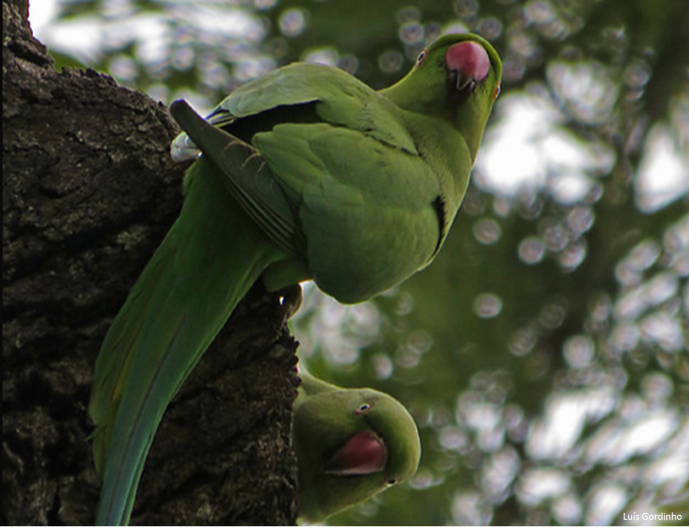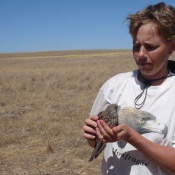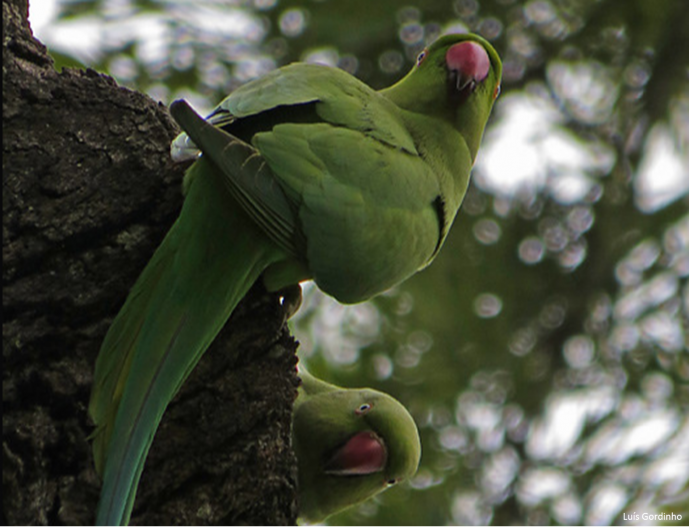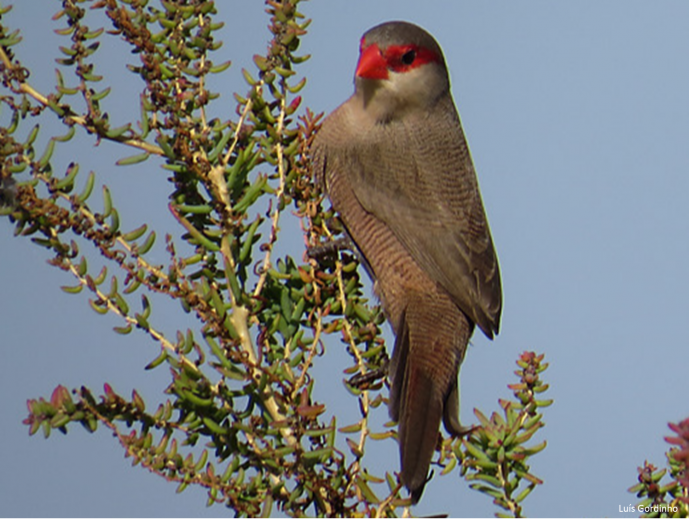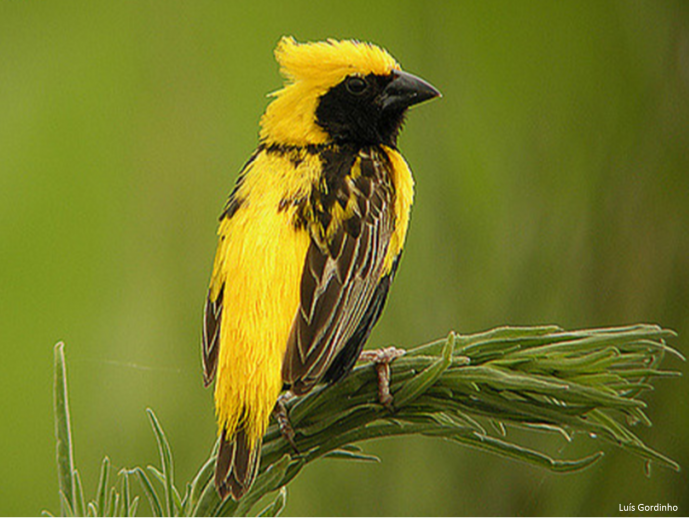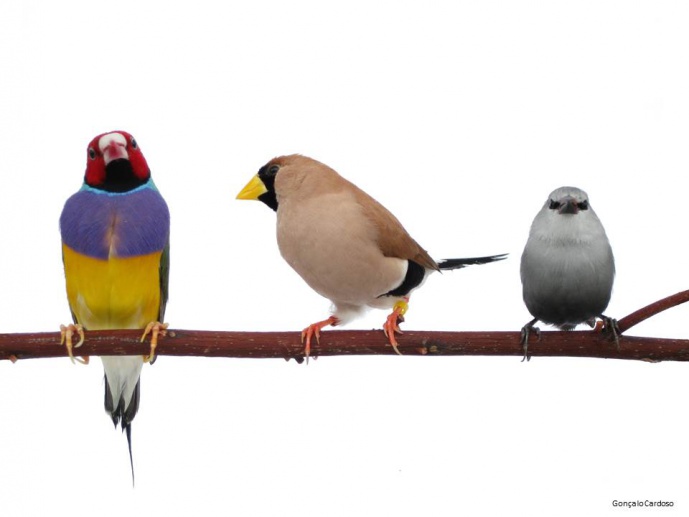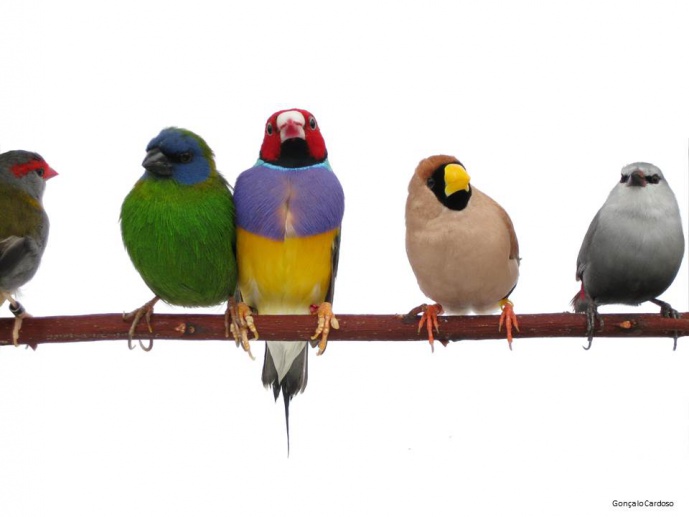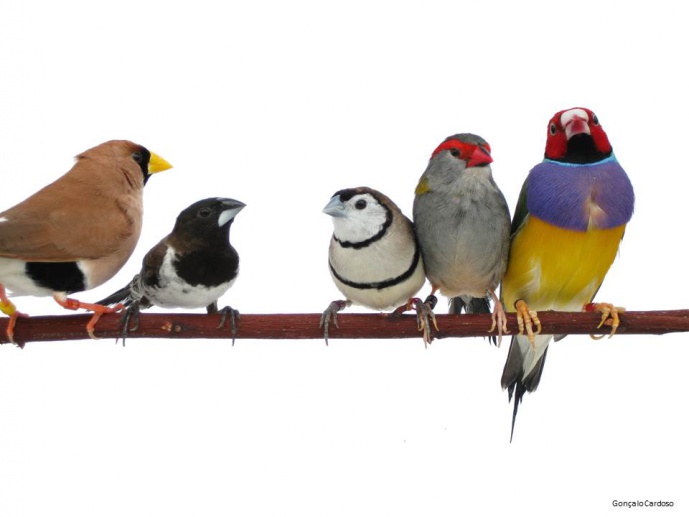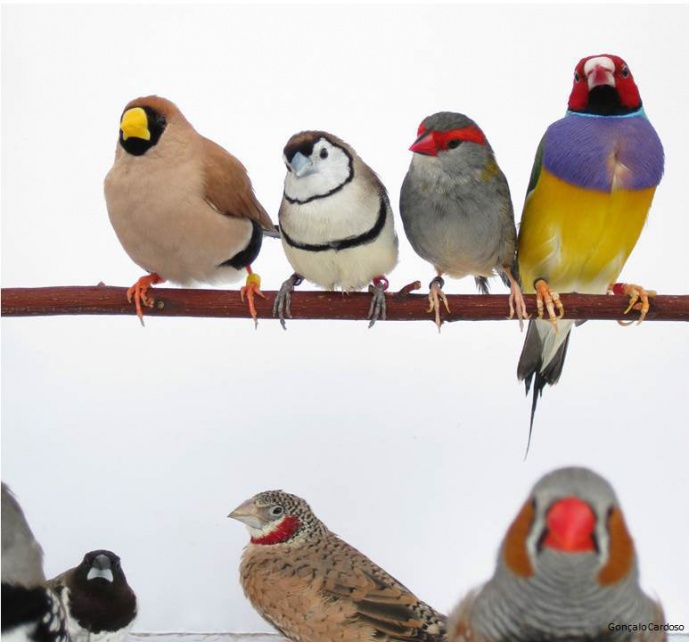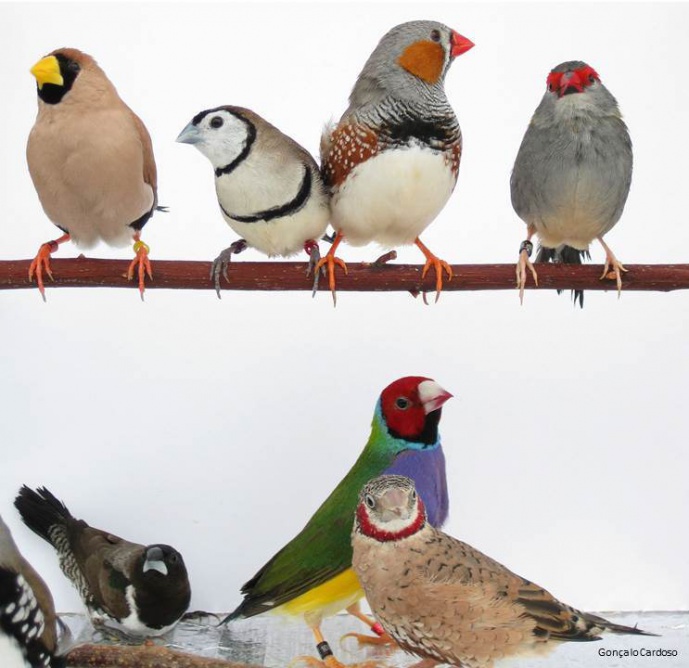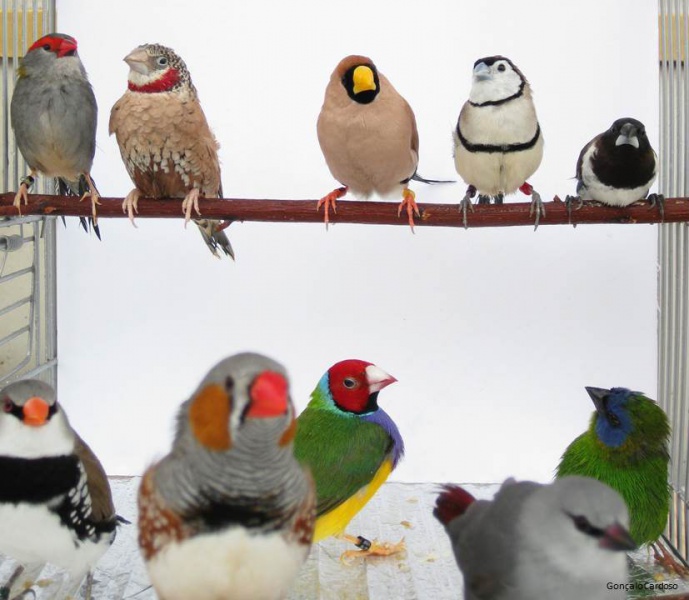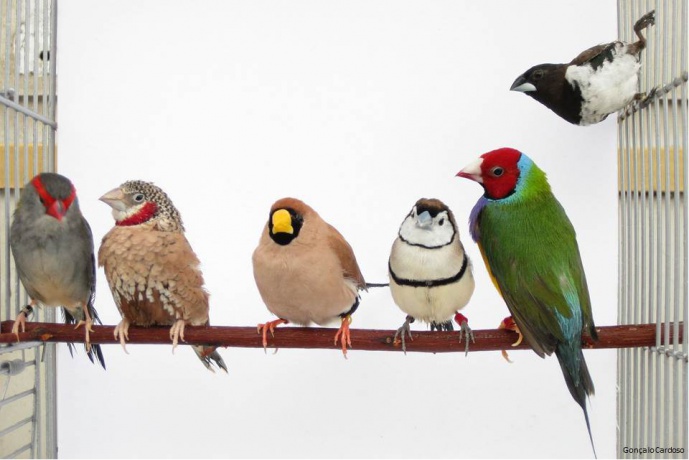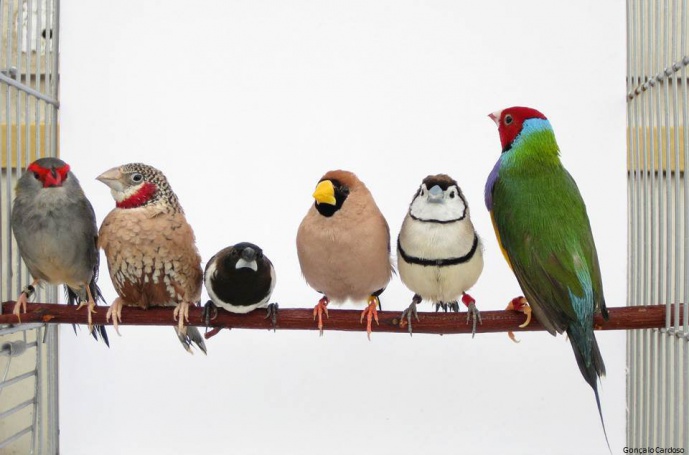BIRDTRADE - All heaven in a rage: international bird trade as a driver of biological invasions in Europe
The large and growing impacts of biological invasions require the development of cost-effective risk assessment methods to prevent and manage threats posed by invasive alien species to biodiversity, economy and human wellbeing. However, developing such tools is challenging because of the difficulties of accurately predicting the outcome of species introductions. As a result, interest has recently shifted to quantify the likelihood of invasion using the frequency and scale of introduction pathways. International wildlife trade is considered to be a major pathway of introductions for many plants and animals, yet exhaustive analyses of the dynamics and scale of this introduction pathway are indeed lacking. This is surprising considering the enormous socioecological importance of the international wildlife trade and the growing concern that some of the most demanded wild species can be threatened by over-exploitation. The overarching goal of this proposal is to assess the role of the international bird trade as a major driver of biological invasions of birds in Europe, considering the socioeconomic importance of the activity for both exporting and importing countries. This timely and ambitious project is feasible thanks to the abundant, high quality information currently available on both historic and current bird trade patterns, combined with detailed knowledge on the distribution of bird species in both their native and introduced regions. Moreover, the implementation of an European Union (EU) import ban on wild-caught birds since 2005 (permanent after 2007) offers a unique opportunity to understand the ecological and socioeconomic importance of the global trade pathway.

Pedro Beja
Diederik Strubbe, Inês Catry, João Soares, Jonathan Jeschke, Jose Tella Escobedo, Laura Bergua Cardador, Martina Carrete, David Richardson, Riccardo Scalera, Daniel Sol, Pedro Bingre
